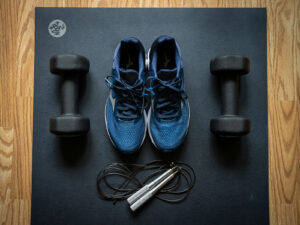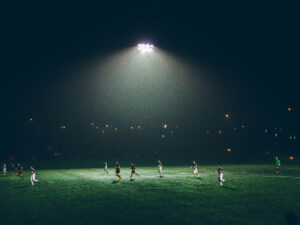Mark Dunkley: Creating a centre of acceptance
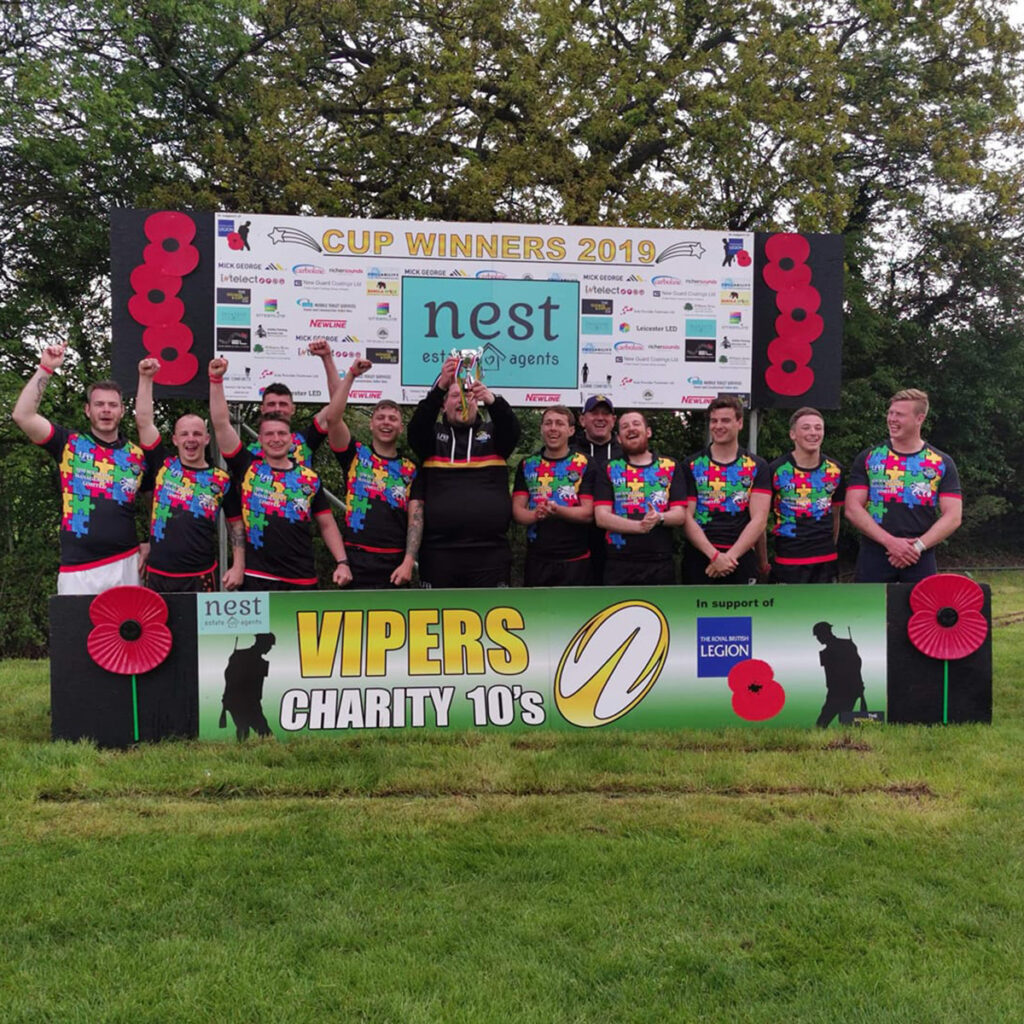
Jigsaw Rugby was set up seven years ago to raise awareness and acceptance of autism in sport.
The team included a mix of neurotypical and neurodiverse players from across the UK, meeting to play against rugby teams up and down the country, and in other parts of the world, aiming to put autism in the spotlight.
“In 2017 we got approached to create a rugby team,” said Mark Dunkley, one of the founding members of Jigsaw Rugby. “I decided that I’d do something close to my heart. My stepson is severely autistic – aged 15, still in nappies, and nonverbal – so I wanted to do it for autism.
“The event we planned was going to be a one-off game on Easter Friday, and it was so successful and all the players said you need to keep this going, you need to do something.
“We did a few Sevens tournaments, we went to Bangkok a couple of times and took supplies out there, and raised money for a school in Doncaster.
“Last January I saw a lot of other stuff going on in the world as well and thought if I’m going to continue doing this, I need to do something bigger and better.
“We’d expand to more than just rugby, but all of sport, doing football days, rugby days, tournaments and exhibition days, golf days, tennis days, archery, whatever you think of that’s sport-related we want to do something around it.”
This is when Autism Awareness Through Sport (AATS) was born, a platform that Mark now uses to not only spread the word about autism acceptance and promote good causes, but to build funds and donations to support his own plans to make the world a better place for neurodiverse people.
“I sat back and asked myself, ‘what’s the thing that really impacts our son?’
“Every two weeks we get four hours of respite, where he goes to a community centre and they pull out a box of things that are suitable for the children there, and quite often we get told that he went to sleep or did not really engage. His sensory needs are far superior to others.
“We want to create an acceptance centre – a state-of-the-art hub in a rural location that has all the sensory requirements and kit that will engage not just autistic children and adults, but others with additional needs, like elderly people with dementia. While we are doing it mainly for the autism side of things, there’s lots of ways it can help people.
“We know ourselves that our son could be up at 2am and won’t go back to sleep until the next night, so for parents like us, they need to be able to have that time to relax behind closed doors and recharge themselves while they know that their child is in a safe and secure area and getting the specialised care they need during that time.
“Only parents or carers who need this understand the requirement.”
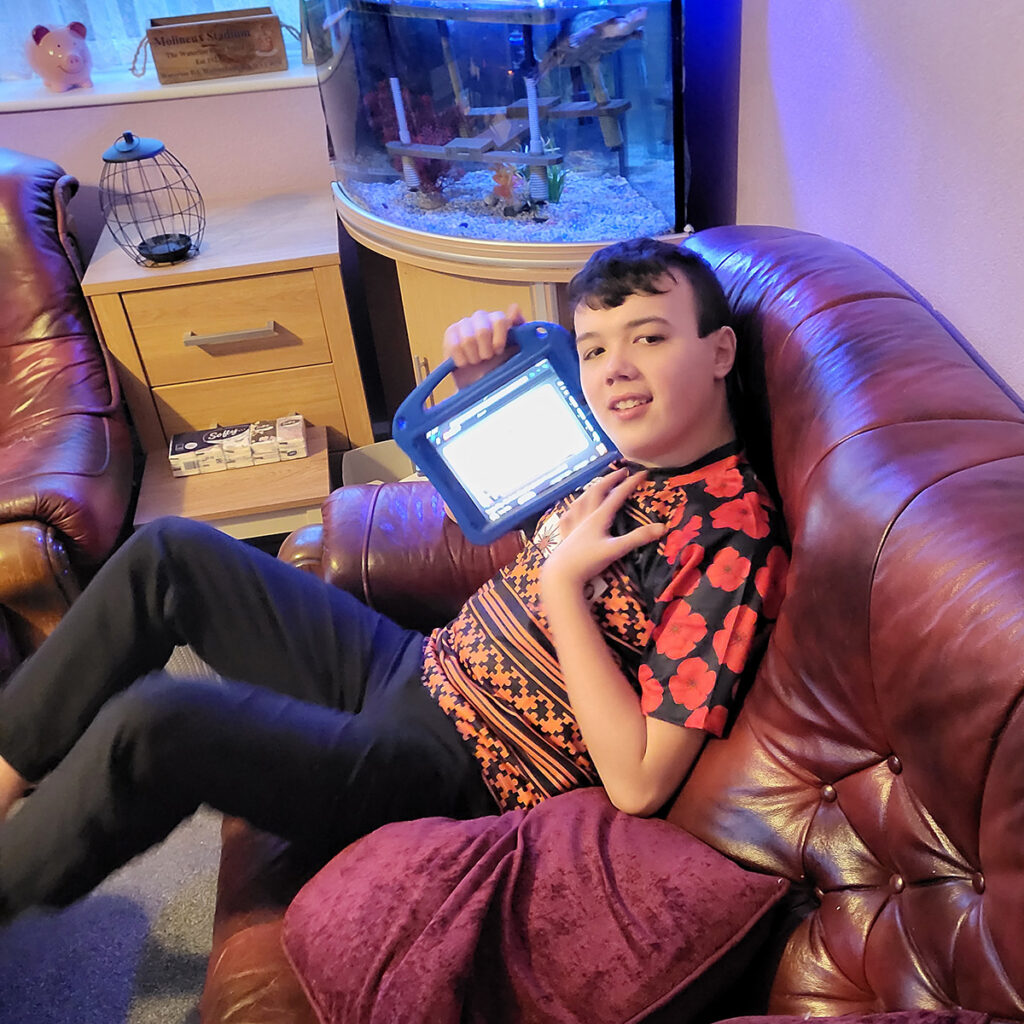
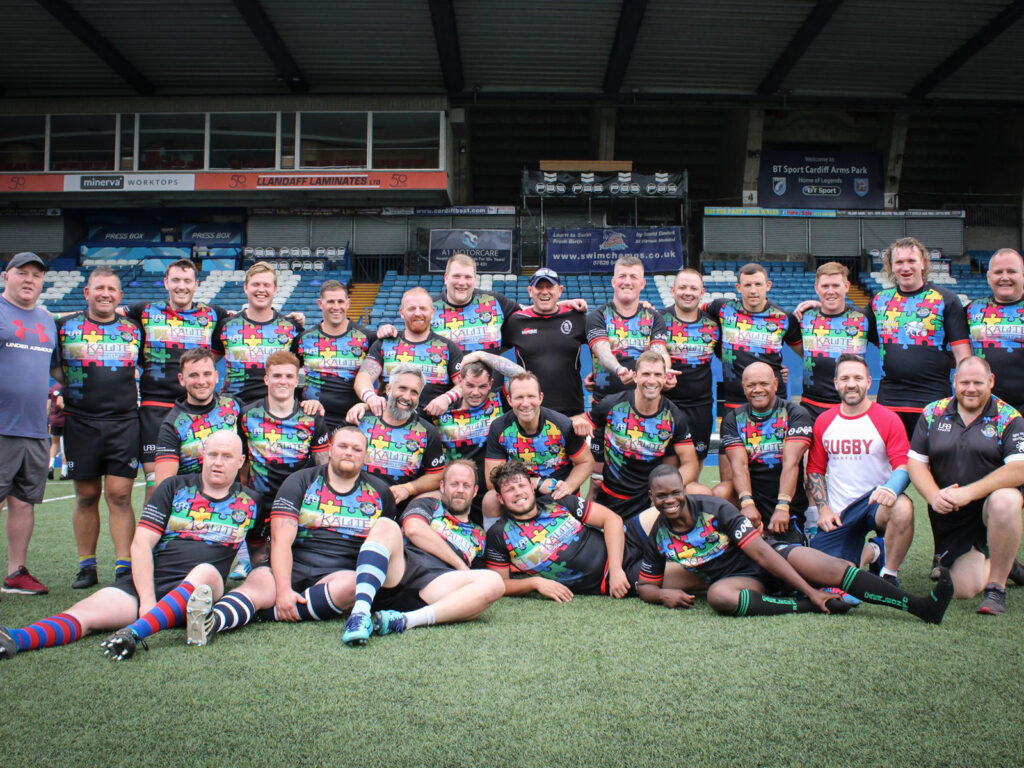
Mark also understands the benefits sport can have on autistic people. He was an experienced recreational rugby player in his younger days, from Northampton to Nuneaton and taking up the sport while working in New Zealand.
“Sport can help neurodiverse people because it can help create a routine, and gives people a mental health outlet. Being able to hit a golf ball for 18 holes at the weekend or go and play rugby, or kick a ball around, settles your head and allows you to get back for the week ahead.
“Rugby has given me opportunities to do things that I would never have had the opportunity to do. It’s also given me a social life and the ability to connect to people, and is enjoyable to be a part of.
“Anything that will enable children and adults to get involved with sport can open doors to who knows what. Building what we are trying to build gives us as much opportunity to help people as possible.
“And as much as the acceptance centre is important, it’s also about raising awareness so that neurodiverse people are welcome in any sporting situation, because coaches might just find the next superstar.”
In 2024, Mark has plans to travel to the US, mixing a rugby tournament with educational visits to the Dan Marino Foundation and Ernie Els Foundation – both with an autism focus – to gain ideas and insights that AATS can take back home.
“We are a group that will take anybody’s help, whether it’s giving us information to putting on an event.
“If anyone wants to run a day or event that will help us achieve our goals, or you want some collection buckets around your sports venue, get in touch with us and we’ll help how we can.
“To do all the rugby games and events that we put on through the year, there is a lot of cost to it. It’s not just the monetary value, it’s being able to offer, commercial, merchandise, printing, that can help us progress forward.
“If anybody has a business that can help out and support in any way shape or form, please get in touch.”

